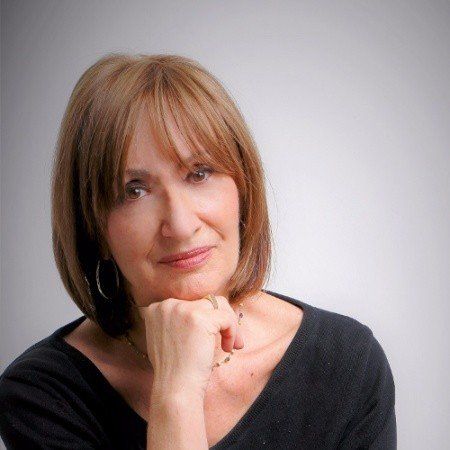Conceptualising Components of Intersectionality in
Dispute Resolution
Event Outline
Social identity is a key factor in interpersonal communication and conflict. Understanding the underlying
factors of intersectionality and being aware of the trauma that often comes with it is a helpful skill for ADR practitioners.
Join leading experts, Barbara Benoliel and Treena Reilkoff in our session to explore the concept and theory of intersectionality and the challenges and opportunities for ADR professionals in integrating intersectionality into practice. Develop your understanding of what a Trauma Informed framework is and why it can add value in your dispute resolution process.
About the Speakers
Barbara Benoliel, Ph.D.
Dr. Barbara Benoliel is a professional mediator, and facilitator and trainer specializing in and Alternative Dispute Resolution She has developed training programs in Human Rights for departments of the Ontario Government, and non-governmental organizations as well as private companies. She is also an EEOC mediator and a mitigation specialist in the United States and a licensed private investigator in Ontario.
In her career, she has combined practice with advancing knowledge in the field. She is a course developer and leader at Walden University and has taught at the Sauder School of Business, in the Family Enterprise Advisor program, York University in the Alternative Dispute Resolution Certificate Program and at York`s Schulich School of Business. As well she has lectured at Osgoode Law School, Simon Fraser University, Ryerson University, and the University of Calgary. Her current area of focus in research is in the practices and processes of Restorative Justice in communities.
Treena Reilkoff, QMED, WFA, PHSA
Treena Reilkoff is a Trauma Informed Conflict Management & Resiliency Specialist. She has provided international training on the topic of Trauma Informed practices and has over 25 years of working in the fields of ADR, mental health, and resiliency. Her fundamental pillars of dispute resolution are neutrality, unbiased and anti- oppressive practices that promote strategies for optimizing conflict resiliency. She has experience working in diverse, complex, high-risk mediations, in various demographics across five provinces that she has resided in. She is a Civil (Non Lawyer) and her experience includes private and public sector, union environments, criminal justice system, educational institutions, health care, non-profit associations, family and working within Indigenous communities. She volunteers her time as a Director on the Board for the Alternative Dispute Resolution Institute of Ontario and Mediator with the Community Conflict Resolution Service of Halton.



